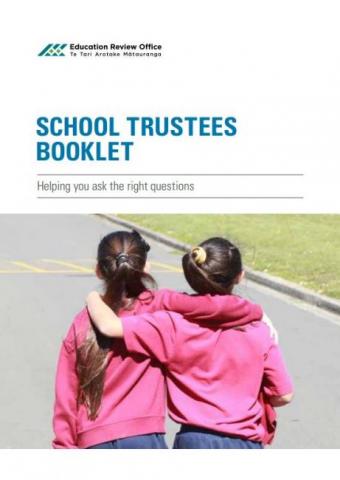Provision for Māori Children in Early Childhood Services July 2008
Published: 28 Jul 2008
This Education Review Office (ERO) report is based on the findings of a study involving 16 early childhood services and one umbrella organisation undertaken as part of each service’s regular education review during Term 4, 2007.
- Audience:
- Education
- Māori-medium
- Parents
- Schools
- Content type:
- Research
- Topics:
- Māori
- Early childhood services













